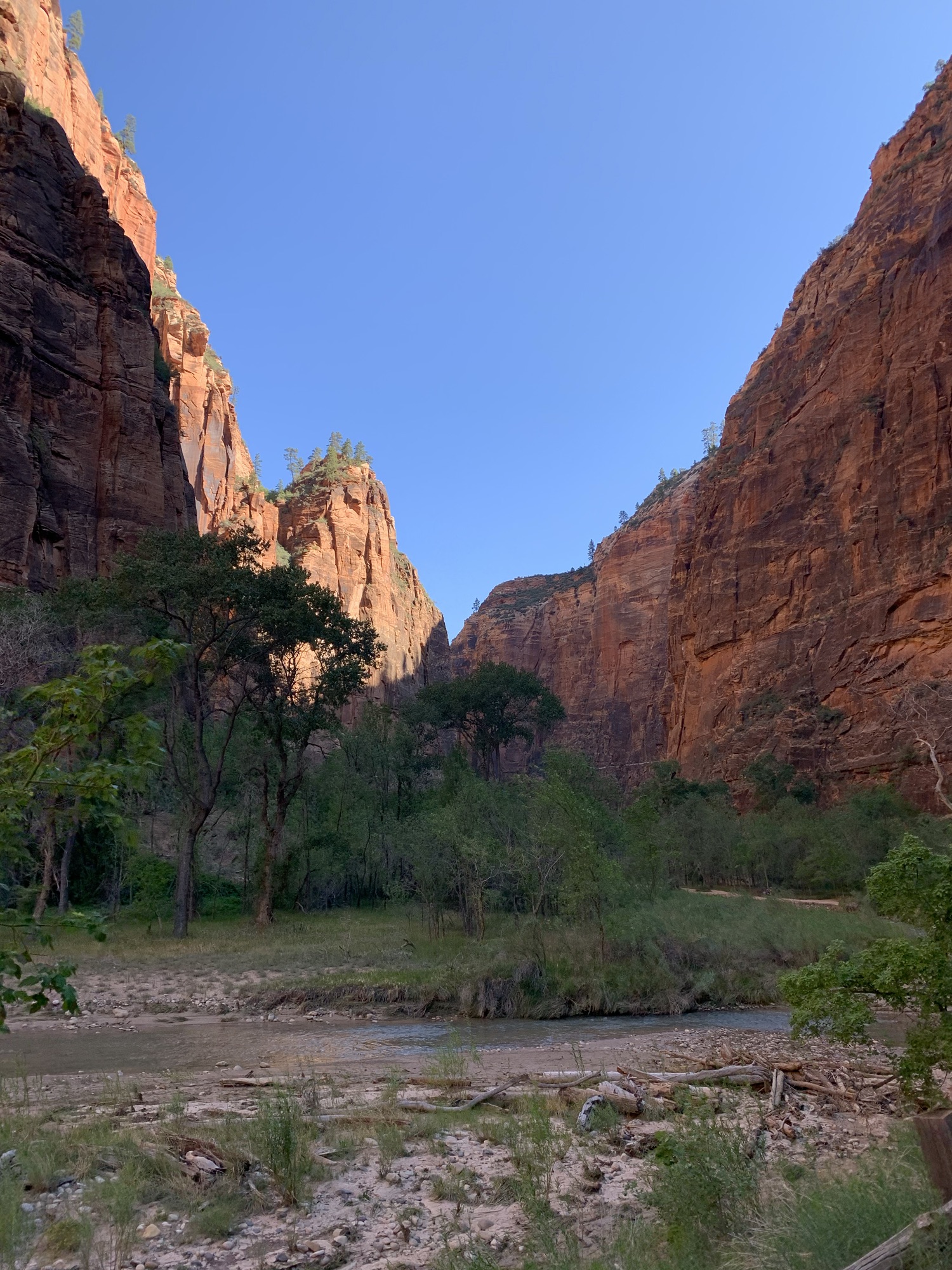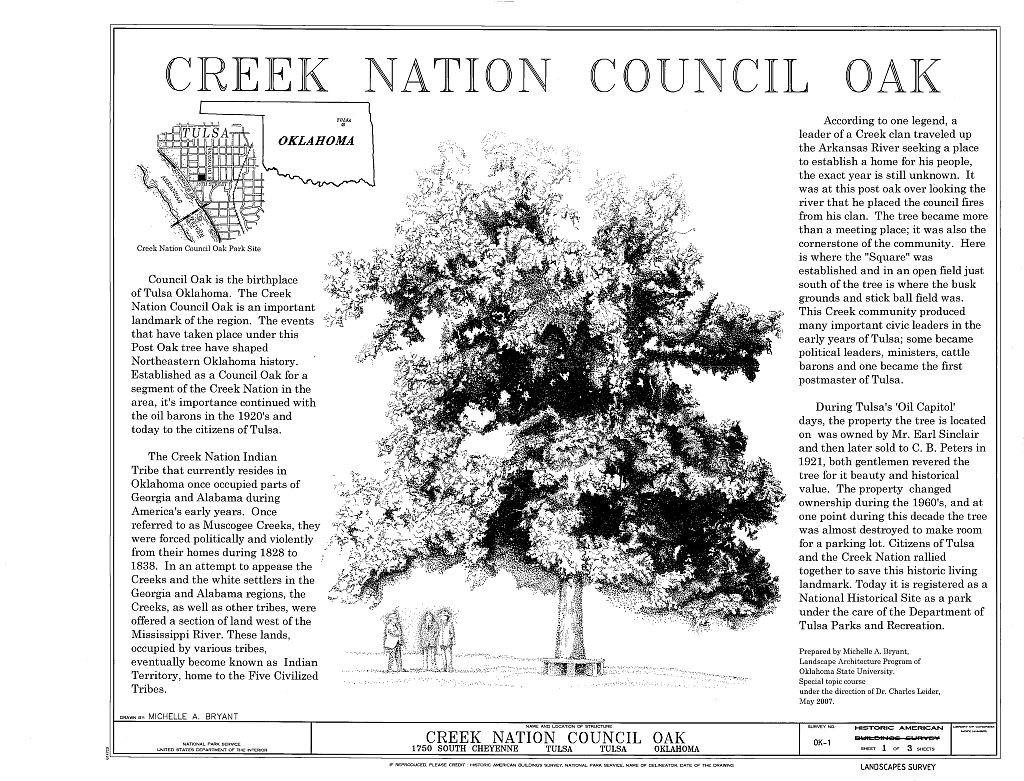John Beaty has published “The Impact of the Inflation Reduction Act on Energy Justice and Green Energy Development in Indian Country” in the LSU Journal of Energy Law and Resources. PDF
Here is the abstract:
In the past two decades, many American Indian Tribes have been experimenting with generating power from renewable sources on reservations. The growth of tribal green energy is a positive step towards energy justice, but current projects are hampered by insufficient funding, jurisdictional confusion, lack of needed infrastructure, and a baroque permitting process that leaves necessary projects languishing. The recent omnibus spending bill, the Inflation Reduction Act (IRA) was trumped by Congress as the largest investment into tribal green energy ever. This Article critically analyzes the impact of the IRA on tribal energy. While the IRA represents a necessary move towards a more effective funding structure for tribal energy projects, it failed to address other barriers to tribal green energy development. The Article concludes by proposing steps Congress, States, and Tribes can take to improve upon the IRA.









You must be logged in to post a comment.